Nigeria: Ethnic Diversity
Nigerians are made up of over 250 ethnic groups. The peoples of all these ethnic groups and a few foreigners make up the 184, 234, 791 people in the country, as counted by the Nigeria population commission.
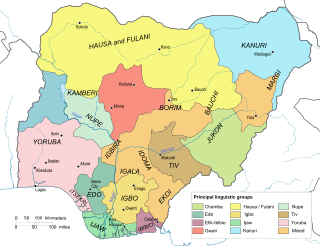
Credit
We can divide the indigenous groups into three: the northern, the middle belt and the southern groups. Among the northern groups are the Hausa, the Fulani (town dwelling and pastoral Fulani) and the Kanuri. They are predominantly Muslims with little groups of Christian communities, speak the Hausa language (which is the second most widely spoken language after Swahili in Sub-Saharan Africa), live on open grassland and are traditionally livestock rearers, farmers and traders.
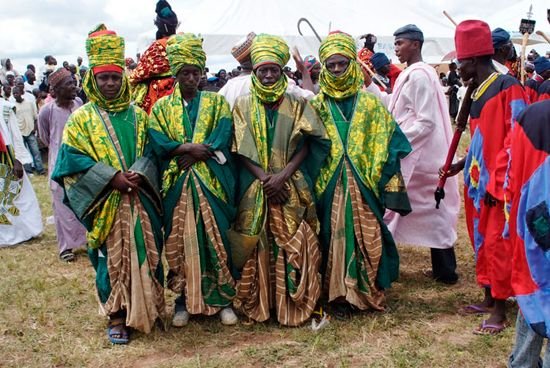
Hausa men dressed in traditional attire
The main groups in the middle belt are the Nupe, Tiv, Jukun, Igala, Idoma and the Gwari ethnic group. They are mainly farmers, learn to speak the Hausa language, and many are either Christians or traditional worshipers.
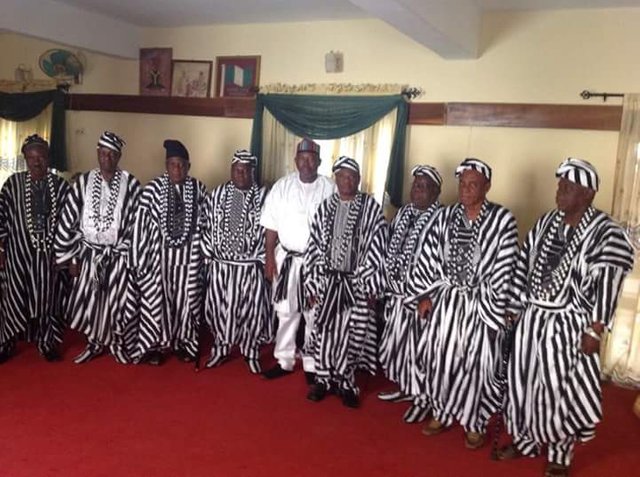
Tiv Elders
Of the southern groups are the Yoruba, Igbo, Ijaw, Edo, Urhobo, Itsekiri and Efik-Ibibio. They are root crop farmers, craftsmen and traders, and many are Christians, though Muslims are found among theYoruba group. The Ijaw are traditional fishermen.
Diverse though these peoples are, they have learned to live together, do things together and thins as one people
Nigeria's major ethnic groups and their share of the population
1 Hausa 25.1%
2 Yoruba 21.0%
3 Igbo 18.0%
4 Ijaw 10.0%
5 Kanuri 4.0%
6 Fulani 3.9%
7 Ibibio 3.5%
8 Tiv 2.5%
9 Other Groups 12%
Reference
Nigeria population Commision
Worl Atlas


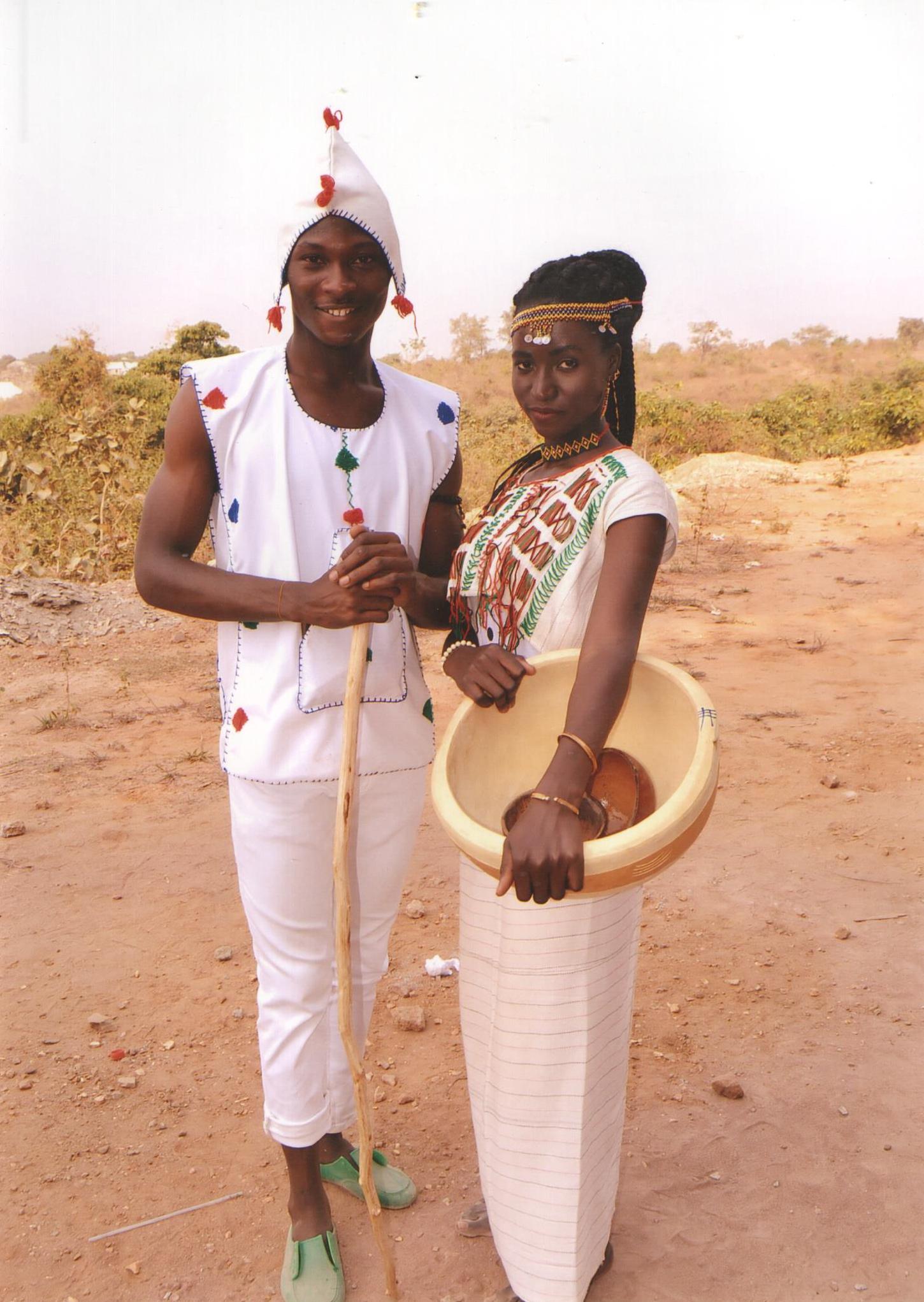
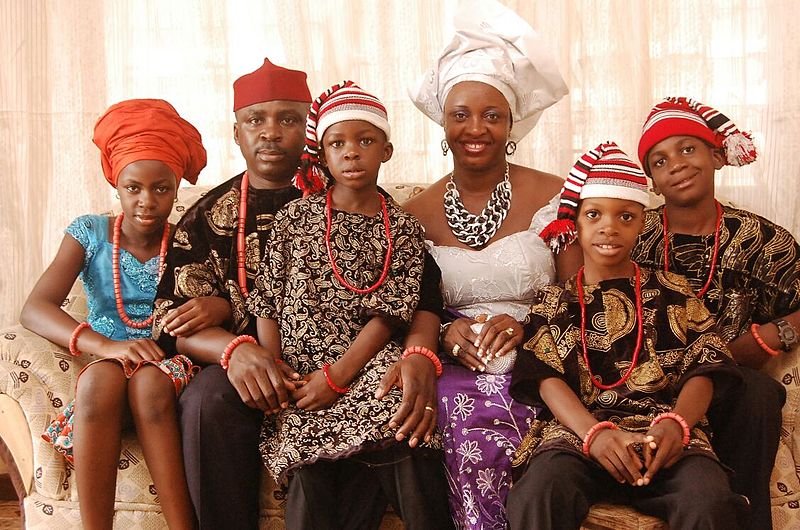
You received a 80.0% upvote since you are a member of geopolis and wrote in the category of "geopolis".
To read more about us and what we do, click here.
https://steemit.com/geopolis/@geopolis/geopolis-the-community-for-global-sciences-update-4